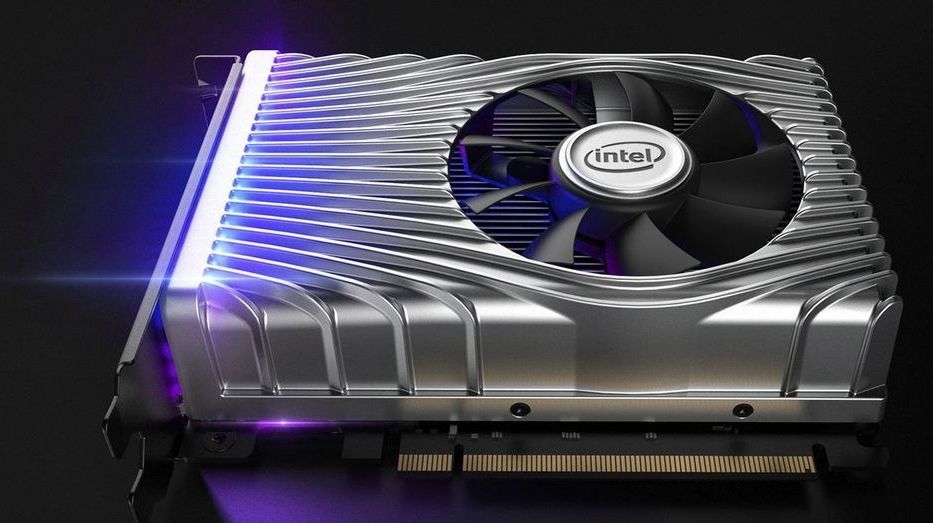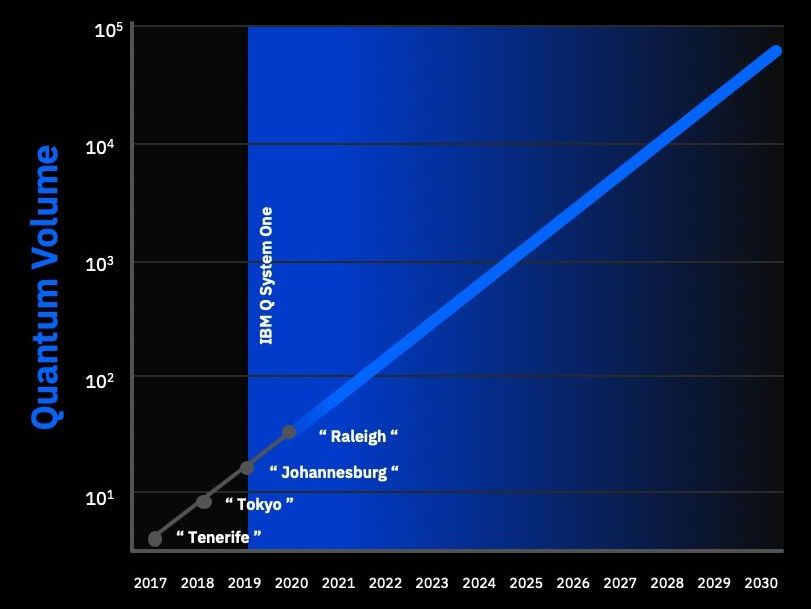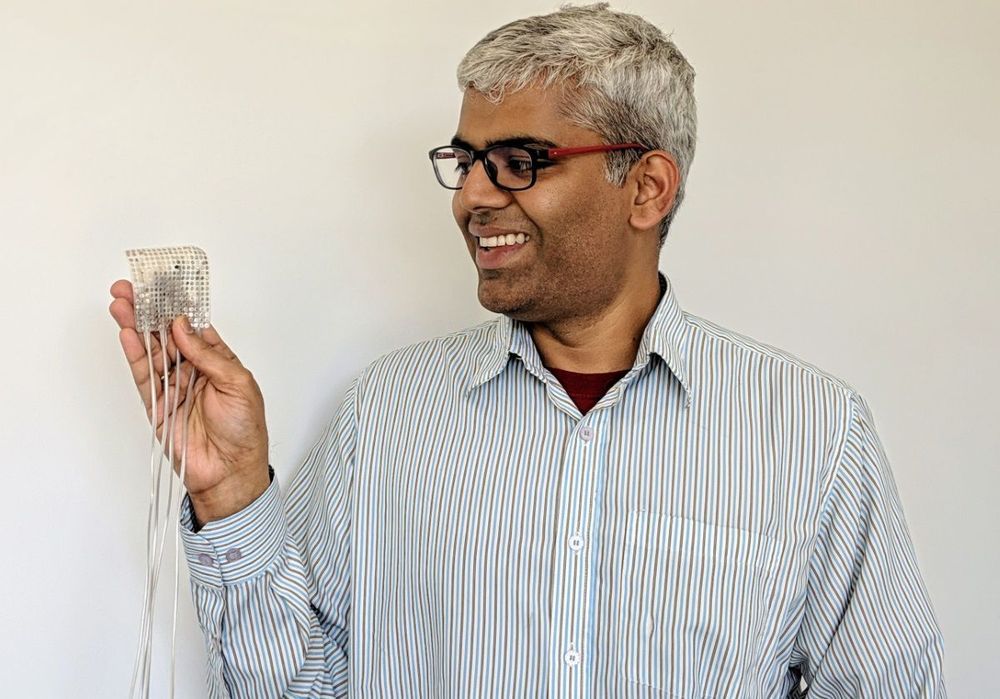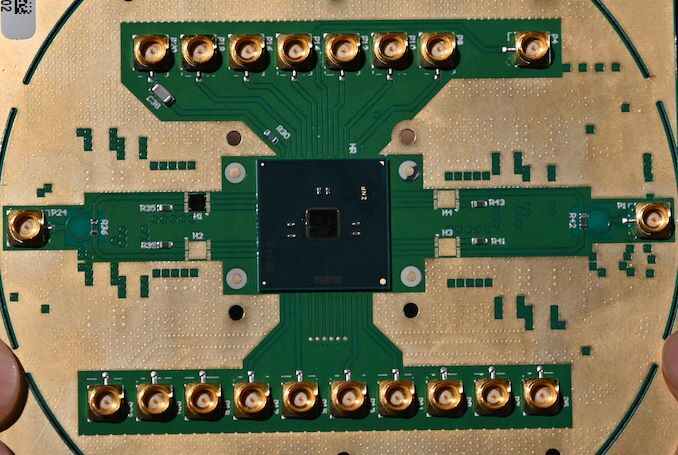Mozilla has warned Firefox users to update their browser to the latest version after security researchers found a vulnerability that hackers were actively exploiting in “targeted attacks” against users.
The vulnerability, found by Chinese security company Qihoo 360, was found in Firefox’s just-in-time compiler. The compiler is tasked with speeding up performance of JavaScript to make websites load faster. But researchers found that the bug could allow malicious JavaScript to run outside of the browser on the host computer.
In practical terms, that means an attacker can quietly break into a victim’s computer by tricking the victim into accessing a website running malicious JavaScript code.








